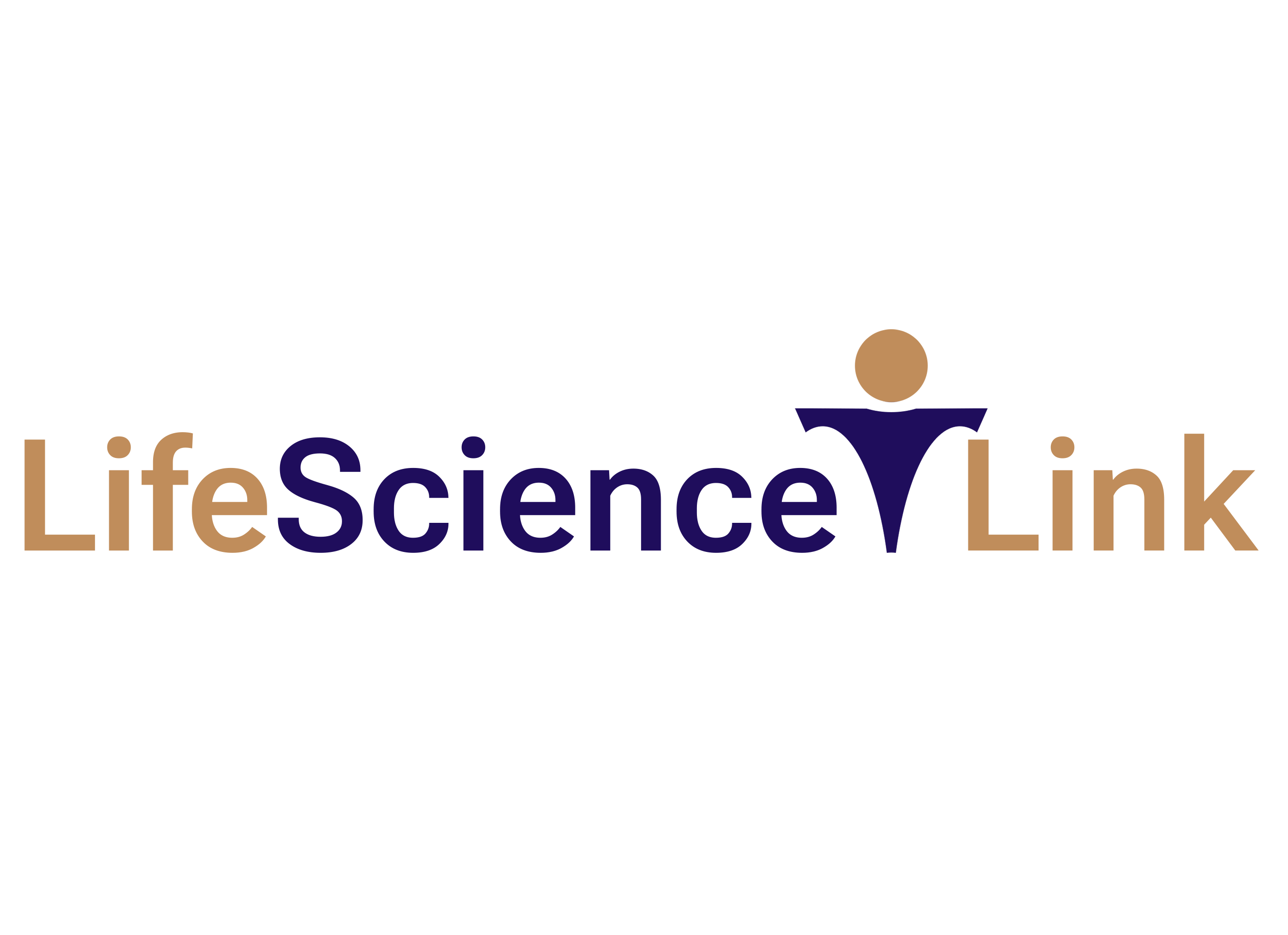Problem-Solving and Critical Thinking in Life Sciences
Navigating Complexity with Clarity and Precision
What do you do when a clinical trial hits an unexpected roadblock? In life sciences, tackling complex challenges—whether developing new treatments, managing trials, or ensuring regulatory compliance—is the heart of the job. That’s why problem-solving and critical thinking are foundational skills, enabling professionals to turn obstacles into opportunities with logic, creativity, and precision.


Why Problem-Solving Matters
Research rarely follows a straight path. Trials face delays, data reveals inconsistencies, and unforeseen variables demand swift action. Effective problem-solvers assess situations, pinpoint root causes, and deliver solutions that meet scientific and regulatory standards. For instance, when a biotech firm faced a trial delay due to inconsistent patient data, a skilled data scientist identified a flawed collection protocol, revised it, and saved the study from a six-month setback.
Strong problem-solvers:
- Analyze complex scenarios with a structured, logical approach.
- Identify root causes, not just surface-level symptoms.
- Weigh evidence and outcomes before deciding.
- Adapt strategies as new data or circumstances emerge.
These skills are critical across roles in R&D, clinical operations, quality assurance, and regulatory affairs, where a single misstep can derail years of work or cost millions.
Critical Thinking: A Scientific Must-Have
Critical thinking elevates problem-solving by questioning assumptions, evaluating evidence objectively, and grounding decisions in data, not habits. It’s what ensures innovations are not only bold but also viable and compliant. For example, a regulatory affairs specialist might challenge a team’s assumption about a submission deadline, uncovering a new FDA guideline that saves the company from a costly resubmission.
Critical thinkers:
- Ask probing questions before acting, like “Is this data reliable?”
- Assess source credibility, rejecting unverified claims.
- Recognize and mitigate biases, including their own.
- Integrate diverse perspectives for smarter decisions.
In a field driven by evidence and accuracy, critical thinking distinguishes routine performance from strategic leadership, ensuring scalable, compliant solutions.
For CandidatesDemonstrating Your Problem-Solving Skills
Employers seek professionals who don’t just follow protocols—they enhance them. Stand out by showcasing how you’ve tackled challenges, like resolving a technical glitch in a lab or streamlining a workflow to cut costs by 20%. In your CV or interview, highlight:
- Specific challenges overcome, such as fixing a trial’s data discrepancy.
- Your logical approach, like using root cause analysis to diagnose an issue.
- Outcomes and lessons learned, such as faster processes or improved compliance.
For high-stakes roles like clinical monitoring or pharmacovigilance, share stories of making tough calls with limited data. Practice frameworks like the “5 Whys” to refine your problem-solving process, and mention tools like JIRA for tracking solutions.
For EmployersBuilding Resilient, Resourceful Teams
Hiring problem-solvers and critical thinkers strengthens operational resilience, delivering measurable benefits:
- Fewer delays: Quick responses to setbacks cut trial delays by up to 25%.
- Lower risks: Early issue detection reduces compliance errors by 30%.
- More innovation: Critical thinkers drive 40% more process improvements.
- Greater adaptability: Teams adjust to regulatory shifts with confidence.
Encourage a culture of critical thinking to boost decision-making and accountability. In interviews, ask: “Describe a time you solved a complex problem under pressure” or “How did you handle data that challenged your assumptions?” Look for structured reasoning and adaptability. A clinical operations director notes, “We need people who don’t just react—they think three steps ahead.”
LifeScience-Link’s Perspective
At LifeScience-Link, we know life sciences hiring isn’t just about credentials—it’s about capability. We prioritize candidates with sharp reasoning, creative problem-solving, and a track record of tackling challenges head-on. Our recruitment process uses behavioral interviews and case studies to identify professionals who don’t just fit your processes—they transform them for the better.
